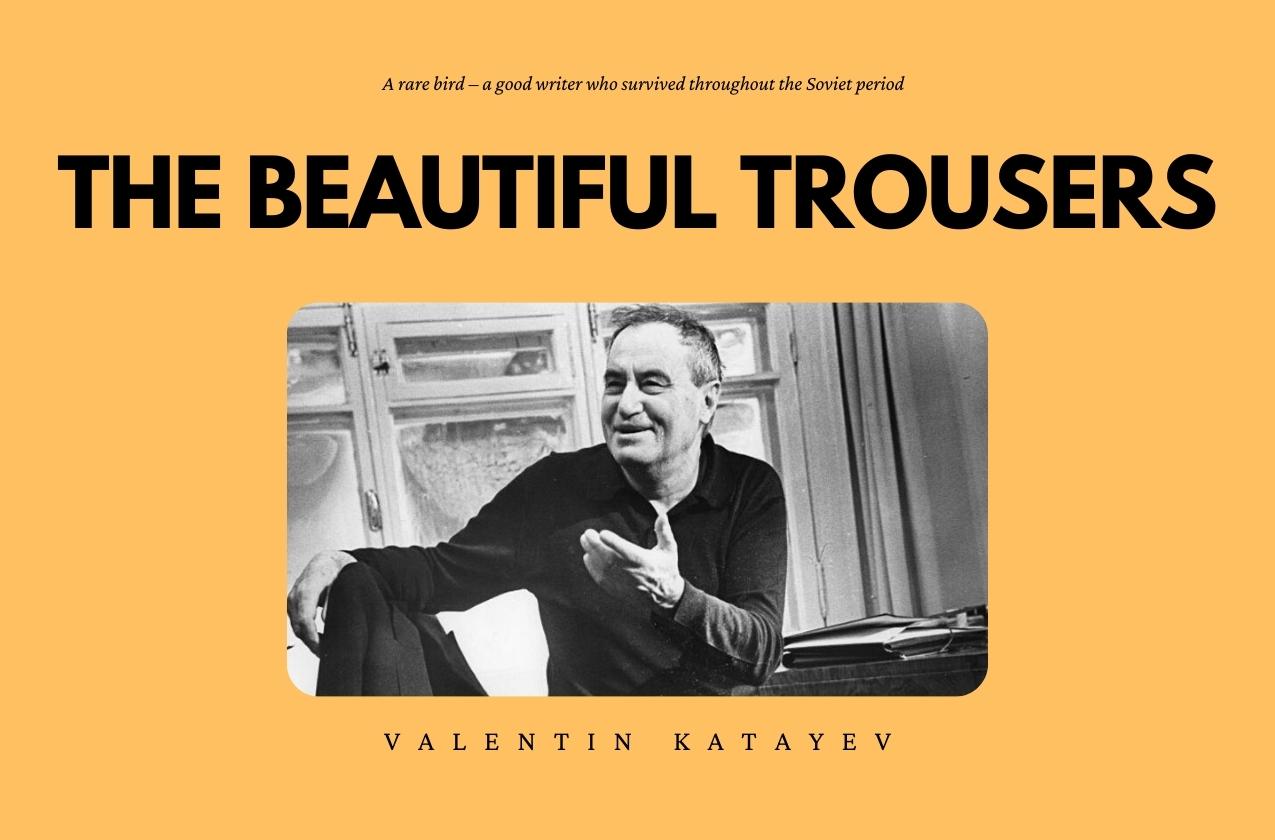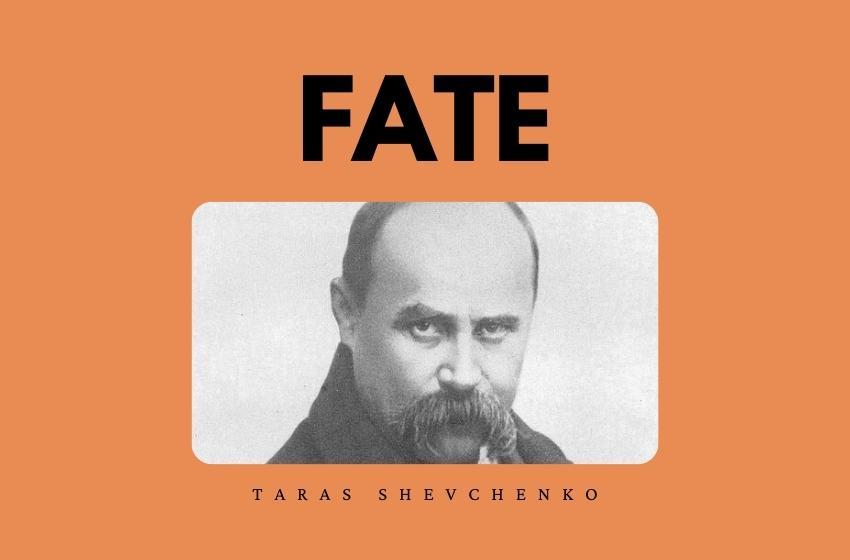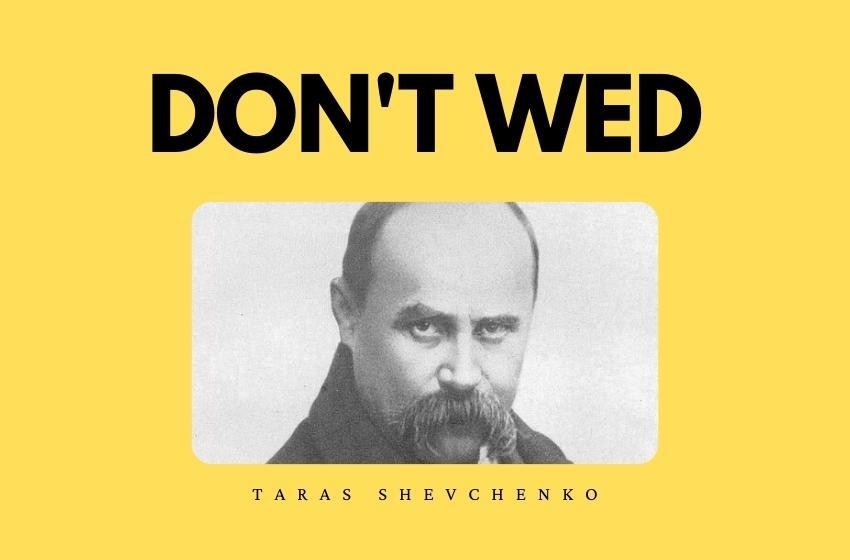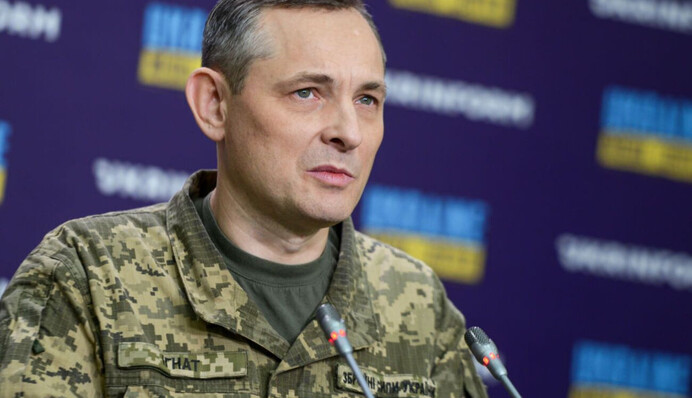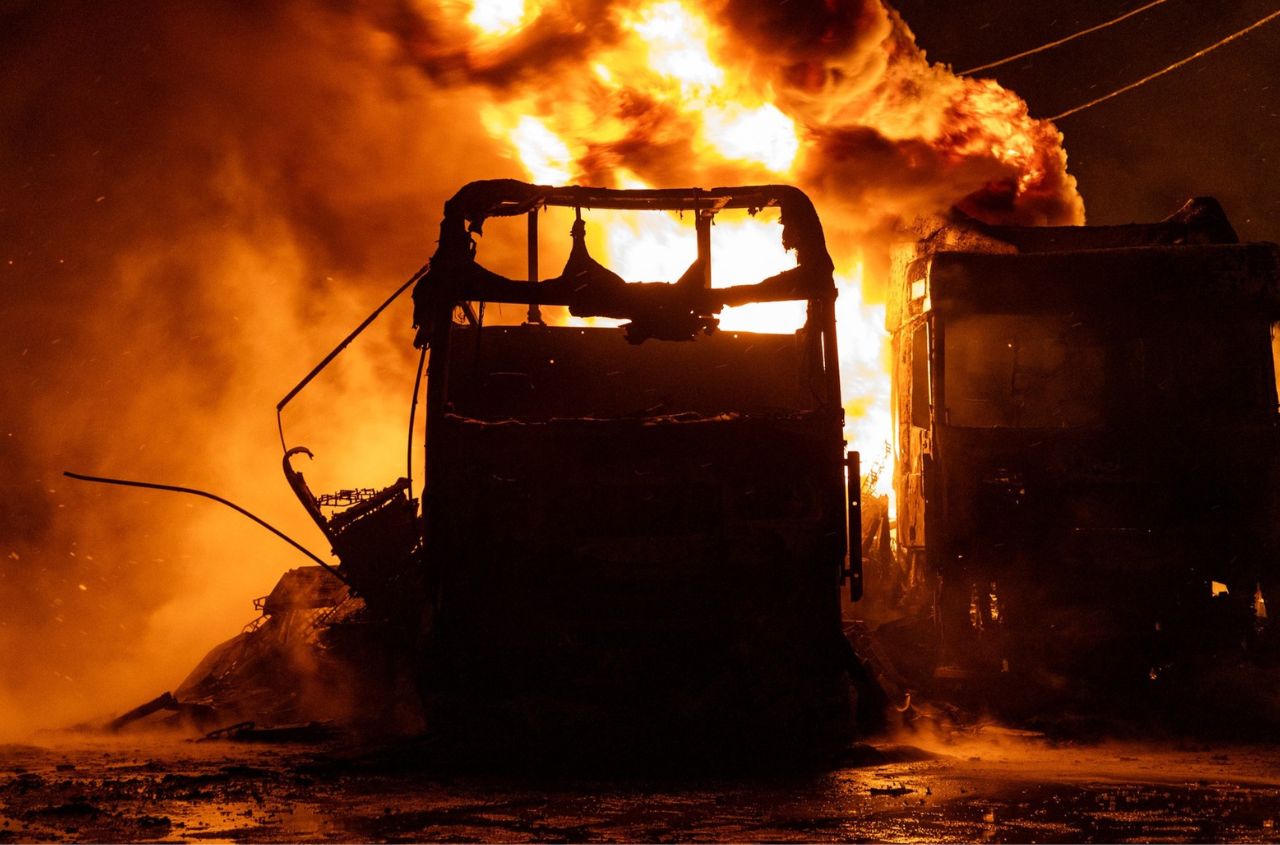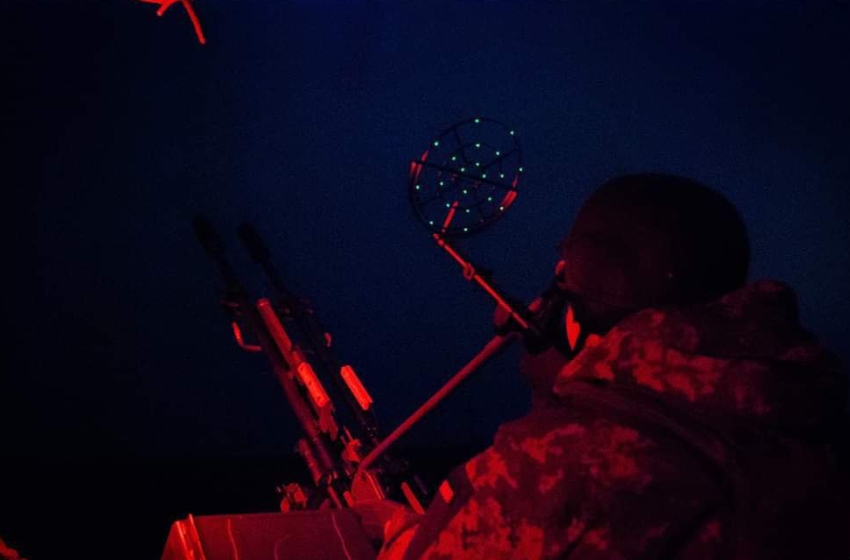Valentin Kataev was born in Odessa in 1897. He served in the army during World War I. After the Revolution, he became a journalist as a member of the Ukrainian Press Bureau. In 1922 he went to Moscow where he was a contributor to several newspapers and in which his stories were published. He is that rare bird – a good writer who survived throughout the Soviet period.
There were two of them—a prose writer and a poet. Their names are unimportant. But they ate.
And in the next room in this huge, run-down hotel, which resembled a chest of drawers forced open and thrown into utter disarray by a burglar, a hotel full of dust, heat, the clanking of cavalry spurs, and the tramping of infantry boots, Master of Arts Zirlich sat naked on a striped mattress and read Apuleius in the original. He had graduated from the university with a degree from the Department of Romance Studies; he could read, write, and speak many languages; he worked in the diplomatic service; and he was very hungry.
His coarse cotton shirt, with laces instead of buttons, and his trousers, made of sacking and still bearing the stamp of the automobile transport depot where the sacks had done their service to begin with, were hanging on a nail. The philologist Zirlich owned nothing besides these trousers and this shirt, and he guarded and preserved them as carefully as a young lady preserves her ball gown.
His neighbors ate. He visualized perfectly how they ate and what they ate. Imagination, which is not ordinarily a quality associated with philologists, this time drew for him unforgettable Flemish still lifes. Not less than four pounds of excellent black bread and coarse salt. Very possibly, a samovar. At any rate, the sound of a falling cup was indescribable
Zirlich leaned his crooked, gourd-shaped head on both hands and listened. They were chewing.
Zirlich swallowed his saliva. It was unbearable. Then he swept the bare room with his dusty eyes. A hopeless formality. Emptiness is emptiness. There was nothing edible about. He hurriedly licked his lips and stole on tiptoe to the keyhole.
They sat at the desk, ladling up with their spoons a salad of tomatoes, cucumbers, and onions. The salad bowl was very large. Next to the bowl lay a damp, bricklike loaf of bread. Over the samovar hung a cloud of steam and a thin buzzing sound as of a swarm of mosquitoes. The sun glared through the cotton shade, burning out on it the cross of the window frame.
“Gorging themselves,†the Master of Arts thought sorrowfully.
He hesitated a moment, then he quickly slipped into his trousers. He knew what he had to do. He had to knock politely on the door and ask, “May I come in?†And then, “Tell me, my friends, do you happen to have a pen? Mine broke.â€
To knock politely!
He had knocked politely yesterday, the day before yesterday, last Wednesday, last Friday, and Saturday. No, it was impossible.
Zirlich sadly removed his trousers and hung them up on the nail. Even hunger should know its limits! But hunger knew no limits. They were eating. The philologist clutched his head and quickly put on his trousers.
He knocked politely.
“Come in!â€
The Master of Arts cleared his throat, arranged his face into a worldly smile, and entered. They were sitting at the desk, but on the desk, piled with huge sheets of newspapers, there was nothing edible. Even the samovar was gone.
Swine! thought the philologist. They’ve managed to hide everything away. Bare as a field. Could they have put the samovar into the washstand?
He chewed a little with his lips and tied the laces at his throat into a pretty bow. “Good afternoon, my friends.â€
“Good afternoon, Professor.â€
“Listen, my friends …†Zirlich puffed out his cheeks and blew up at his own nose. “The point, my good comrades, is … You see, dear fellow writers … hm…â€
He looked once again at the table and suddenly noticed the edge of the bread showing from under the papers. And Zirlich could no longer take his eyes from it, just as a bird cannot take its eyes away from the emerald eyes of a boa constrictor.
“What is it, Zirlich?â€
The comer of the black loaf showed with absolute distinctness against the telegrams of the Russian News Agency.
“I am very hungry,†Zirlich said quietly. He caught himself. He shook his head and cried gaily, “You know, I am very fond of bread, and I am very fond of tomatoes and cucumbers. I want some tea.â€
The prose writer turned pale. How careless of them.
“Here, I can offer you a little piece of bread. I’ve just received my ration. At the artillery courses. As for tomatoes, well, you know …
†No, no, he could not have noticed the salad. The salad was camouflaged too well.
The poet smiled with melancholy. “Yes, Zirlich, have a piece of bread. But tomatoes, so help me, we have none. We haven’t eaten anything ourselves for three days … I mean two.â€
Zirlich hastily broke off a piece of bread and stuffed it into his mouth.
“Sit down, Zirlich.†Zirlich sat down. His eyes were expressionless, his cheeks bulged as he chewed.
“How are you, Zirlich?â€
Zirlich swallowed hard, and his Adam’s apple jumped. He shook his head and spread his hands.
“Bad?â€
Zirlich nodded and gagged.
“Don’t they give you rations at work?â€
Zirlich wiped the drops of sweat from his nose with his sleeve.
“In extreme-ly limited quantity,†he brought out with difficulty, staring at the bread.
“Yes, my friends, in very limited quantity. I receive one quarter of the diplomatic ration a month, which constitutes … hm … if I am not mistaken … If you permit me, I’ll pinch off another little piece.â€
“Pinch it off, Zirlich,†the prose writer said through clenched teeth. “Pinch it off. Why not?†“Thanks, fellows …â€
“A man should write propaganda plays, Zirlich, that’s what one should do,†the poet said gloomily, opening the wardrobe. In the huge, empty, echoing wardrobe hung a pair of new, blue, very beautiful trousers. “You see?â€
“I see, a pair of trousers.â€
“There you are, trousers! Blue. Beautiful. New. A masterpiece, you might say.â€
“You bought them?â€
“I bought them. Today. Yes. And so I say—a man should write plays, Zirlich.â€
Zirlich raised his eyebrows.
“They buy them?â€
“Oho, and how they buy them! Just write them!â€
Zirlich became very agitated.
“But do you know, that’s an idea! Propaganda?â€
“Propaganda.â€
“Seriously?â€
“Couldn’t be more serious. You saw the trousers?â€
“It’s an idea, friends! Only, how shall I put it, I’m not sufficiently experienced in the dramatic form. Of course, it is possible to reconstruct a thing or two from memory. I am thinking of Molière’s theater, in the history of French —â€
“No history, Zirlich! To the devil with Molière!â€
“My dear friends, really, it’s an idea!â€
Zirlich exclaimed with joy.
“But you must help me a little, brothers.â€
“All right, we’ll help.â€
“But what does one write about?â€
“About hunger. But make it simple. One, two, three.â€
Zirlich excitedly finished the bread, looked with admiration at the beautiful trousers, blew at his nose, and went off to write the play.
All night the prose writer and the poet heard the rustling of paper, the scraping of a pen, puffing, panting, and the pattering of bare heels in the next room. Zirlich was writing. At dawn he politely knocked at the door. He was admitted. He waved his pen excitedly and an inkspot settled on his trousers.
“Forgive me for disturbing you. The play must be uncomplicated?â€
“Uncomplicated. The simpler the better.â€
“You have no bread, my friends?â€
“None.â€
Zirlich stood a while, shifting from one foot to the other, then he left. Zirlich wrote all morning, all day, and all evening. Hunger made his ears hum, and magnetic needles twitched before his eyes. They were eating cucumbers and magnetic needles twitched before his eyes. They were eating cucumbers and round onions. At night Zirlich loudly knocked at the door.
“Come in.â€
He came in. In his hands fluttered a sheaf of paper covered with writing. In high excitement, he sat down on the window sill, took a peace of bread from the table, put it into his mouth, and said, chewing,
“I’ve written a play, fellows. I want to read it to you.â€
“Is it long?â€
“Short. One act.â€
“Read, Zirlich.â€
And Zirlich read his play. The play was as follows: a vast, hungry steppe; railroad tracks in the distance; an abandoned baby, five months old, in the midst of the steppe. A crow flies over the baby; wolves, a dogess, and a gopher circle around it; and on the ground beside it crawls a wise snake. The above-mentioned animals conduct a dialogue in the spirit of Maeterlinck on the subjects of hunger, the abandoned infant, and the lack of political consciousness in society. The wolf wants to eat up the baby. The snake reproaches him for cruelty. The gopher weeps. The crow prophesies imminent deliverance. The dogess begins to feed the baby from her own breast. Then a train arrives. The locomotive flashes its fiery eyes. A nurse emerges from the long row of hospital cars. She is not too late! The infant is saved. The wolf lopes off. The snake is triumphant. The hospital train bears the inscription: “All as one to the aid of the hungry population of the Volga region.â€
Zirlich finished reading his play, put the manuscript on the table, and looked with feverish eyes at his listeners. “Well, comrades, what do you say?â€
The poet hid his eyes. “What can I tell you, Zirlich? It’s a play, as plays go. A good play. The concept is interesting, but …â€
Zirlich felt a chill.
“Yes, Zirlich, the idea is interesting, but it would be difficult to produce.†“Do you think so?†asked Zirlich, blowing up at his nose.
“Yes, I think so. Look, you have a whole hospital train in it!â€
Zirlich imploringly untied the laces at his throat.
“But it’s only a set. Of cardboard, you know. It’s only painted!â€
“All right, let us suppose the train can be managed. But the infant, the infant! How can you bring a three-month-old baby into a play, Zirlich?â€
Zirlich threw back his head.
“It’s five months old, and besides it doesn’t speak. It is a silent role, you see. They can even use a doll, just make one up for the part.â€
“Hmm, perhaps, if you use a doll. And what of the wolf and the dogess? Why did you bring them in? And incidentally, why a dogess? What sort of animal is a dogess?â€
“‘Dogess’ is feminine for ‘dog’—an ancient usage, a Slavicism.â€
“I see. A Slavicism! But who will agree to play a dogess, did you think of that?â€
“I thought of it. He’ll use stage makeup; he’ll get down on all fours and walk around that way. Oh, that’s a point I’ve given very careful thought.â€
“Very well, let us say it will pass. But the crow, the crow! How can the crow be played? And then you make it fly in your play, Zirlich!â€
Zirlich was silent for a long while, then he said in a flat voice,
“And what about Rostand, in Chantecler? He has hens in the play. And I have a crow. After all, the difference is not so great?â€
“No, not so great. All right. That can still pass. The crow, the gopher—it is not too important, after all. But the snake? Zirlich, just think about it—a snake! Do you understand it—a snake on the stage! That’s impossible. The snake kills the whole thing. The Department of Political Education will never buy a snake.â€
Zirlich broke into a beady sweat. He whispered hoarsely,
“Yes. I never took the snake into account.â€
A painful silence followed.
“So what is to be done, my friends?â€
“Throw out the snake; replace it with something else.â€
“No! Impossible. Without the snake, the whole composition falls apart. The snake is the reasoning element.â€
Zirlich wilted gloomily.
“But maybe,†he said, scratching his nose and dully staring at the ceiling with his dusty eyes, “maybe … somehow … they can make a snake from a fire hose…. And have the prompter … speak for it? What do you think, fellows?â€
“No, Zirlich, the snake won’t do.â€
The poet glanced at the table. There was nothing edible on the table. The table was piled with newspapers.
“Try to write something else, Zirlich.â€
“I’ll have to try. Good night, my friends…. I’ll go and try.â€
“Try, try. Good night.â€
Zirlich went to his room, took off his shirt and his trousers, sat down on the striped mattress, and clutched his head. He felt dizzy. He had no strength. They were eating. Zirlich stole up to the keyhole. On the table stood a bowl with salad. There was bread. And a round onion. Zirlich returned to his table, pressed the pencil into the bridge of his nose so that it left a violet dot, and sat so for a long time. Then he began to write a new play. He wrote all night. Green wheels were flying before his eyes. His hands dropped. He wanted to eat so much that he felt nauseous. From the courtyard came a smell of roast. He wrote all night, all morning, and half the day. At noon he lay down on the striped mattress and imagined a large piece of bread with butter, a cup of milk, and an omelet. The market was not far; at the market, they sold cabbage soup and fried sausage. At the market, there were plaited breads and milk. He had nothing to sell. Zirlich held his head, sighed, then rose and stole up to the wardrobe, his white, flabby body reflected like a slanting shadow in the mirror. He heard the tapping of his toenails on the floor, and his heart clattered like a typewriter. He opened the doors. The beautiful trousers hung in the huge wardrobe like a suicide in a vast and empty hall. Zirlich did not think about the sin of stealing; he forgot that he was a Master of Arts, that he could read, write, and speak many languages. Zirlich thought only of how much he would get for the trousers; he also thought that he would get a beating if he were caught.
Zirlich felt very ashamed selling the stolen trousers. But after that, he walked about in the market for two hours—eating. He ate bread and onions; he ate cabbage soup with cream and sausage made of dogmeat; he drank milk and smoked cigarettes.
When he was full to repletion, Zirlich cautiously made his way back to his room and sewed into his striped mattress three pounds of bread, a hundred cigarettes, and a large number of cucumbers and onions. He removed his shirt with the laces and his trousers with the stamp of the automobile transport depot and hung them on the nail. After that, he sat down cross-legged on the mattress and devoted himself to Apuleius.
In the evening, they came home and ate. They were probably eating round onions and bread, but it was unimportant. After a while, without hurrying, Zirlich put on his trousers, assumed a suffering mien, and knocked.
He heard the sounds of panic behind the door, and two minutes later he was admitted.
There was nothing edible on the table. It was piled with newspapers.
“Look, my friends … I mean … I am very hungry. Can you give me a little piece of bread?â€
“Alas, Zirlich,†sighed the prose writer.
“Well, if you have none, you have none,†Zirlich shrugged sadly.
“You must write a play, dear fellow! A play!†the poet pronounced gloomily and went to the wardrobe. “Here, if you please! take a look. Such a pair of trousers. A beauty!â€
And he opened the wardrobe. Zirlich was tying the laces at his throat with a sorrowful air, looking down and off into the corner
1922
Translated by Mirra Ginsburg









